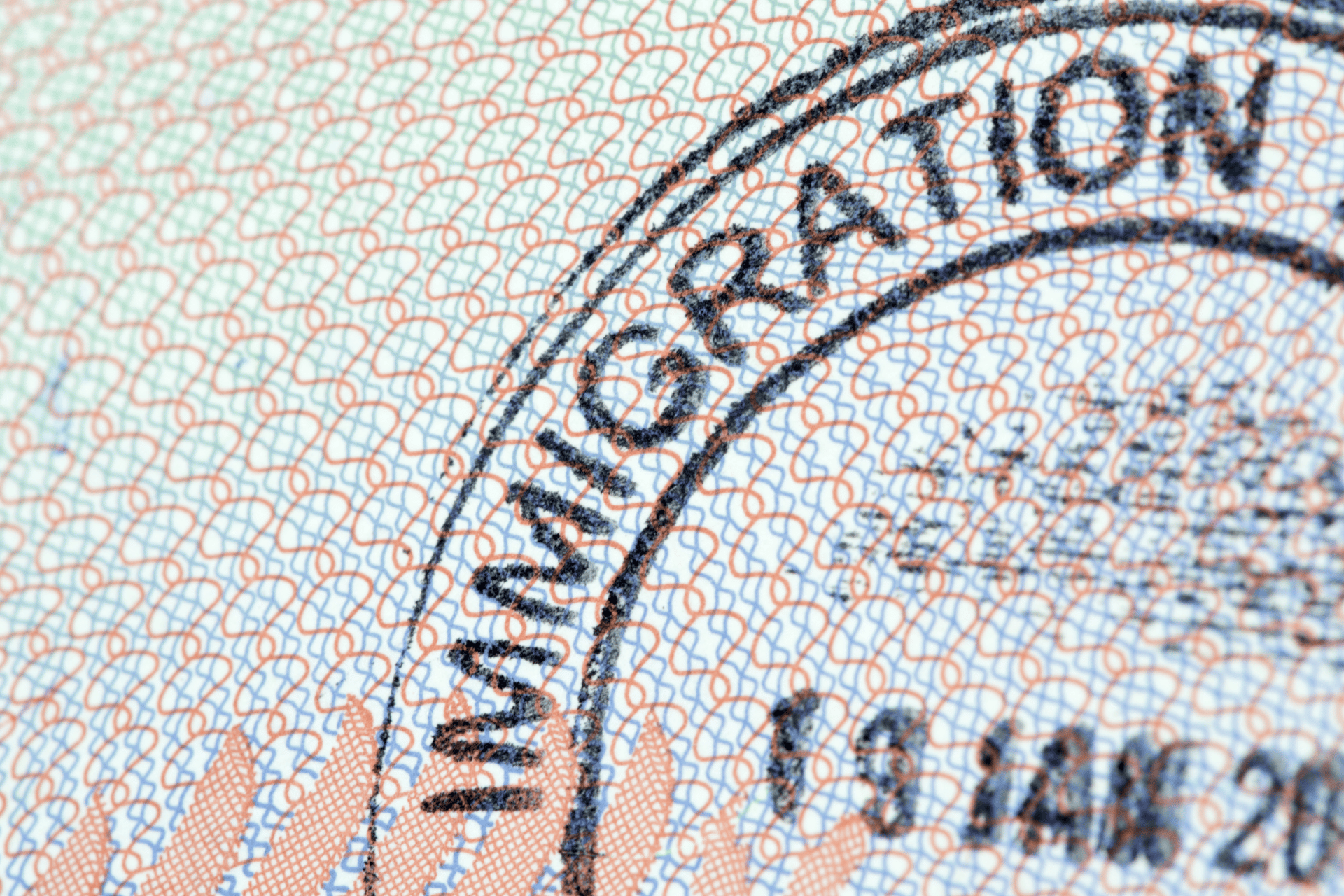The Department of Homeland Security (DHS) announced that it will not extend the parole program for people from Cuba, Haiti, Nicaragua, and Venezuela. This program allows eligible individuals from these countries to come to the U.S. legally and work. To qualify, migrants need a sponsor in the U.S., must go through background checks, and receive vaccinations.
The parole program began nearly two years ago, initially helping Venezuelans and later expanding to include people from Haiti, Cuba, and Nicaragua. It was designed to reduce illegal crossings at the border.
The Biden administration advises individuals to explore other legal options to stay in the U.S. By the end of August 2024, about 530,000 people from these countries had used the program to enter the U.S. The program is currently still open, though it faced a brief pause earlier this summer due to fraud concerns. DHS has stated that the program was always intended to be temporary. Once in the U.S., participants are encouraged to seek other legal status options. The program did not guarantee continued availability, per DHS.
Those who entered the U.S. under the Venezuelan parole program will soon lose their legal status as the two-year period is coming to a close. Migrants from the other eligible countries will also see their status expire over time. Without obtaining another legal status, those who came through this program will have to leave the U.S. or face deportation.
Haitians and Venezuelans may apply for Temporary Protected Status, which provides humanitarian relief. Cubans have a unique option that can lead to permanent status, but Nicaraguans do not have similar options.
If you have questions about the parole program or any other U.S. immigration-related issue, contact us. Our attorneys work directly with our clients every step of the way to ensure they get the proper guidance for their particular situations.

